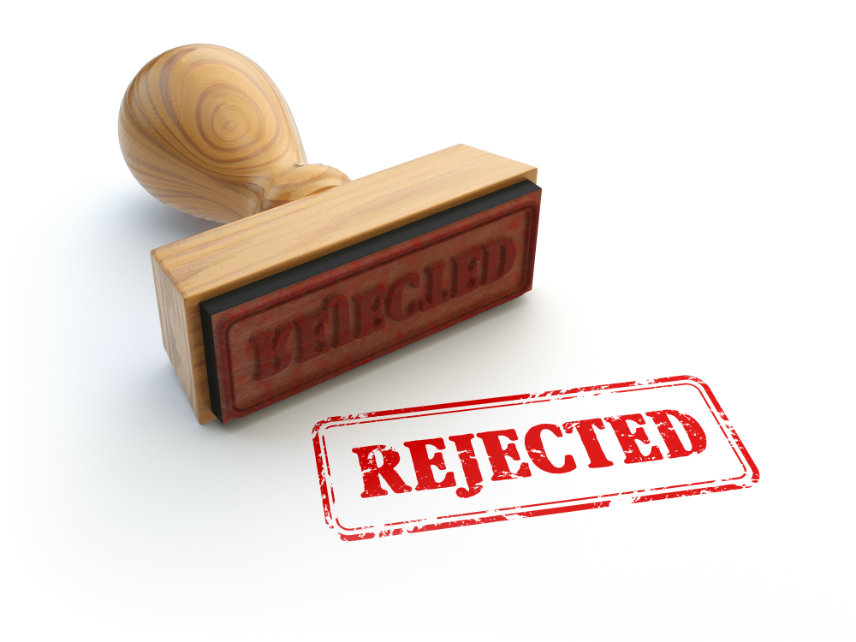Bipartisan Bill Would Stop States From Denying Occupational Licenses Due to Student Loan Debt
New proposal from Sen. Marco Rubio and Sen. Elizabeth Warren would stop states from using the dumbest of all reasons to keep someone out of work.

In at least 18 states, unpaid students loans can be grounds for denying someone an occupational license—even if the applicant is otherwise fully qualified.
Under these laws, state licensing boards can prevent applicants from earning the money they need to repay the loans that disqualify them from licensure. It's a nonsensical cycle that can lock qualified workers out of good-paying jobs. There's no benefit to the public—consumers' health and safety is not threatened by workers who owe student loan payments—though the policy does, like much else in the world of licensing, serve the interests of existing license-holders by limiting competition.
Sen. Marco Rubio (R–Fla.) calls it a "Catch-22" that resembles a "modern-day debtors' prison." This week, he teamed up with Sen. Elizabeth Warren (D–Mass.) to introduce a bill that would prohibit states from denying occupational, teachers, or drivers licenses due to unpaid student loan debt.
"We shouldn't punish people struggling to pay back their student loans by taking away their drivers' or professional licenses, preventing them from going to work and making a living," Warren said in a statement. "Our bipartisan bill removes these senseless roadblocks so that borrowers can build better financial futures."
If it becomes law, the Protecting Job Opportunities for Borrowers (Protecting JOBs) Act would prevent states from suspending, revoking or denying state professional licenses solely because borrowers are behind on their federal student loan payments. The federal government has the authority to order states to do that, Rubio says, because of the Higher Education Act, a federal law that, among other things, require states to offer in-state tuition rates to members of the military. The bill also gives borrowers a legal recourse if states refuse to comply.
This is the second time Rubio and Warren have introduced this bill. Last year's version never received a vote.
A 2017 analysis by The New York Times found that at least 20 states had rules on the books allowing licensing agencies to deny or revoke professional and occupational licenses from individuals who defaulted on student loan debt. The Times found more than 8,700 cases in which individuals had lost their licenses, though the actual number is likely much higher due to the decentralized and often opaque nature of licensing boards.
The Times' feature included the story of Shannon Otto, a nurse from Tennessee who took on thousands of dollars in student loans to pay for nursing school. When an unexpected medical issue left her unable to work for more than a year after graduating, she defaulted on her loans. When she was finally ready to go back to work, she found that her nursing license had been suspended by the state because of the unpaid loans, leaving her unable to work legally in the field she'd spent years mastering.
The real kicker? Getting her license restored would require an additional payment of $1,500 to the state.
"It's an attention-getter," Peter Abernathy, chief aid and compliance officer for the Tennessee Student Assistance Corporation, told the Times. "They made a promise to the federal government that they would repay these funds. This is the last resort to get them back into payment."
But that's insane. Losing your ability to earn a living because the state government revokes a mandatory license might be an "attention-getter," but it's certainly not going to help anyone—neither the borrower nor the lender, who is less likely to get repaid if the borrower can't work.
Though licensing is largely a state issue, the federal government is partially to blame for these state-level policies. In 1990, the Department of Education recommended that states "deny professional licenses to defaulters until they take steps to repayment." That year, defaulted student loans totaled about $7.8 billion. Last year the figure topped $32 billion.
"Revoking or suspending professional licenses on account of defaulting on a student loan is a self-defeating policy that leaves borrowers worse off than before," concluded a trio of researchers at the R Street Institute, a right-of-center, free-market think tank, in a wide-ranging 2018 report on how states tie licensing to student loans. "By using occupational licenses in the service of debt collection, lawmakers make licensure an even more harmful labor market constraint."
When he introduced the same bill last year, Rubio admitted to having previously been on the other side of the issue. As a member of the Florida legislature, he once voted for a law allowing Florida occupational licensing boards to suspend licenses for individuals who defaulted on student loans.
Now, he's changed his mind about that policy—and for good reason. Rubio graduated from law school in 1996, and revealed in a 2012 speech that it took him more than 15 years to pay off more than $150,000 in student loan debt that he'd accumulated while pursuing his degrees. Those student loans didn't stop him from working his way into the U.S. Senate, but they might have stopped someone else from pursuing a career in nursing, teaching, or cosmetology. That's just not right.
"It is wrong to threaten a borrower's livelihood by rescinding a professional license from those who are struggling to repay student loans," says Rubio, "and it deprives hardworking Americans of dignified work."


Show Comments (16)